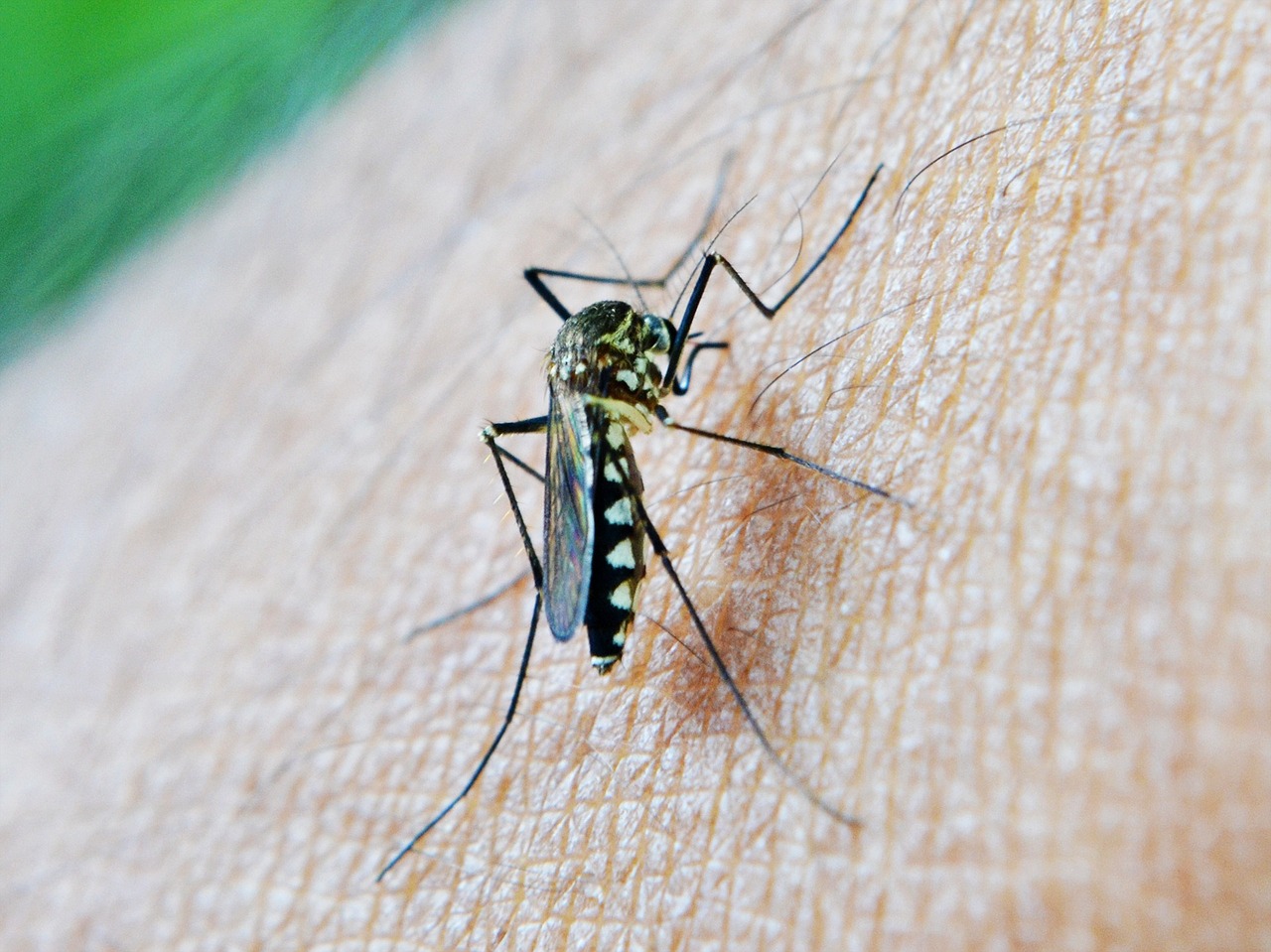The Department of Health (DOH) on Wednesday, Nov. 8 said the country recorded 4,777 malaria cases between January and September 2023, which is more than the 3,307 cases recorded in 2022.

It noted that the disease has been a persistent public health concern, particularly in tropical countries with temperatures similar to the Philippines.
According to Jhobert Bernal, Technical Supervisor of the Research Institute for Tropical Medicine’s National Reference Laboratories for Malaria and other Parasites, said Occidental Mindoro, Sultan Kudarat, and Palawan, continue to report malaria cases.
"Eighty to 90 percent of malaria cases come from the province of Palawan," he said during the DOH Kapihan for Malaria Awareness Month on Nov. 8.
He explained that malaria is a potentially fatal disease caused by mosquito bites.
The malaria parasite, transmitted through bites from female Anopheles mosquitoes, enters the human body through liver cells, multiplies, and infects red blood cells, causing symptoms like fever, chills, sweating, headaches, vomiting, and body aches.
Children aged five to 19, pregnant women, and those with recurrent infections are the most affected by this disease.
Early diagnosis and treatment are crucial in preventing the spread of malaria and breaking the chain of transmission, Bernal said.
“Delays in diagnosis and treatment have been cited as a leading ‘cause of death’ in malaria patients,” he pointed out.
To facilitate quick and accurate diagnosis, Bernal said that individuals with suspected malaria are encouraged to visit the nearest healthcare providers, who can conduct diagnostic tests, including Malaria Microscopy (Gold Standard), Rapid Diagnostic Tests (RDT), and Nucleic Acid Amplification Tests (PCR).
DOH emphasized that although malaria is a potentially “fatal” disease, it is preventable and curable.
In an effort to combat the resurgence of malaria, DOH declared November as "Malaria Awareness Month.”
As the Philippines faces these health challenges, the agency highlighted the importance of environmental cleanliness, early diagnosis, and prompt treatment.
Preventative measures include the distribution of lasting insecticidal nets in endemic provinces to use at night and indoor residual spraying to protect individuals from mosquito bites, said Dr. Kim Patrick Tejano, Medical Officer IV, Focal Diseases for Elimination and Vector-Born Diseases.
"Kaya sinasabing sa gabi, dahil ang lamok na anopheles na nagdudulot ng malaria ay night biters” (It is said that at night, because the anopheles mosquitoes that cause malaria are "night biters”)," he said.
“Our goal is to declare 81 out of the 82 provinces malaria-free, with Palawan being the remaining focus,” he added.